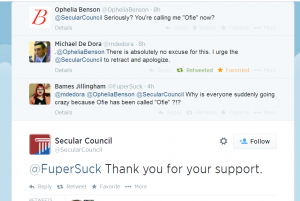Good. The discoveries about the Tuam mortality figures are making a stink in Ireland. Good.
There is growing pressure on the Government to hold a full historical inquiry into the deaths of almost 800 children in a mother and baby home in Tuam, Co Galway between the 1920s and the 1960s.
There were numerous calls from TDs, Senators and councillors yesterday for a full inquiry following the disclosure that many infants and children who died in the home run by the Bon Secours order were buried in an unmarked plot.
Minister for Children Charlie Flanagan said yesterday that he was giving “active consideration to the best means of addressing the harrowing details emerging regarding the burial arrangements for children who died many years ago in mother and baby homes”.



